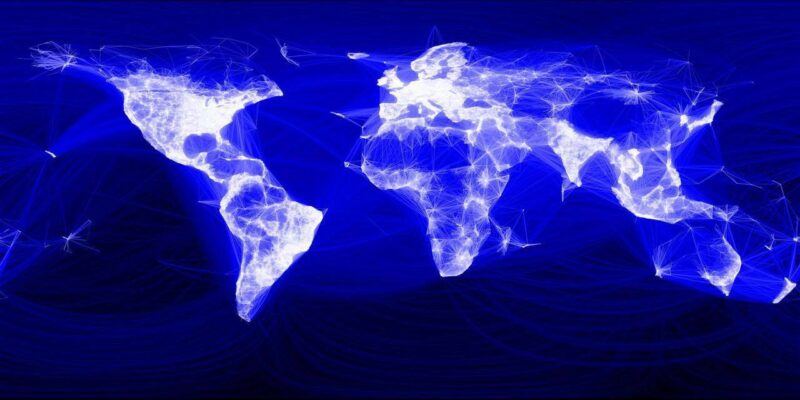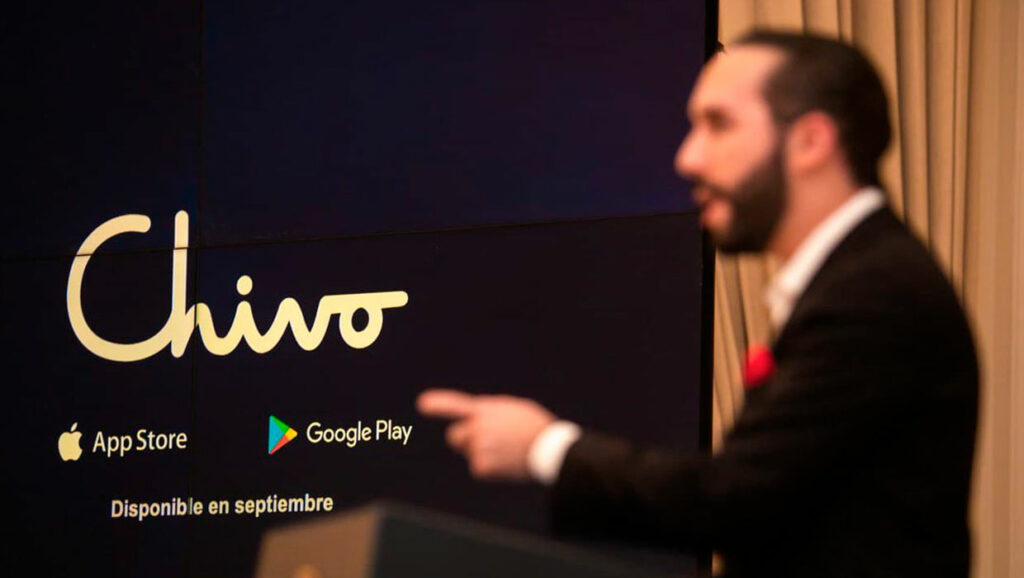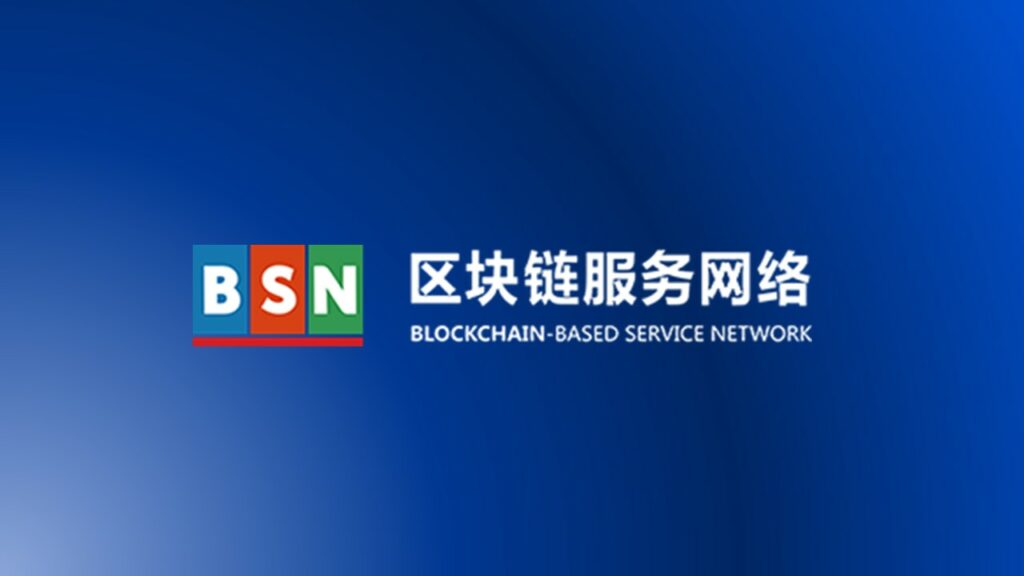How Should Governments React to the Rise of DAOs? (Part 2 of 2)

Note: This is Part 2 of a 2 part series that looks at why governments should care about new technologies like DAOs, and how those in power are likely to respond. Part 1 is linked here.
In Part 1, we laid out the risks that DAOs posed to governments through a new way of coordinating decentralized community efforts (i.e. no central authority). In this article, we start off by exploring how DAOs can work hand-in-hand with governments.
The case of El Salvador, a country-level DAO
DAOs present an interesting opportunity for governments. Aside from pushing for a more equitable and democratic society, DAOs can be leveraged to create a global, invisible, and indivisible digital sovereignty. What does this mean? A nation-state can exist without borders, and be governed so long as one holds a state-issued governance token. This is a powerful way to ensure the survivability of a country and its citizens in events of crisis and emergency. So far, we’ve only seen one country take its first baby step towards this: El Salvador.
On 7 September 2021, El Salvador began accepting bitcoin as a national currency, gave each citizen a digital wallet (Chivo), a US$30 incentive in bitcoin (essentially an airdrop), and issued the country’s first bitcoin volcano bonds. Citizens had to do simple Know Your Customer (KYC) verification to signup via their national ID and a face scan. Barring operational and political constraints, this theoretically adds every one of the 6.5 million El Salvadoran citizens, businesses, and economic agents onto a blockchain network in one fell swoop.
This lends new meaning to the idea of a “digital nation.”

Firstly, is it possible to turn El Salvador into a DAO? Having a list of wallet addresses, it would be easy to airdrop a national governance token (or a digital ID tagged to a Non-Fungible Token or NFT), given that all citizens have performed their KYC process diligently. With this system, day-to-day government services can be hyper-personalized, delivered effortlessly, and seamlessly transacted digitally. This includes fraudless voting, tax payment, business license/ permit applications, renewals, and fine payments to name a few possible examples. Every government interaction can now be processed digitally, signed, tracked, encrypted, and kept immutable on the blockchain. This increases public trust and accountability.
Secondly, imagine populating citizens in a Metaverse version (or Digital Twin) of the country. By emulating real-world conditions via data oracles (like the weather, or prices of commodities and assets), the country and its citizens essentially become a digital twin/ simulation. Governments can test-run policies (e.g. new laws, national scenarios, etc.) and watch them play out in the Metaverse. This allows community involvement, public engagement, and testing outcomes at a fraction of the cost that would normally be required. Feedback and support for such policies by different communities would be gathered and analyzed before being implemented as law, minimizing undesirable outcomes with actual data points.

The third point is purely a thought experiment the team had. Hypothetically, if a great catastrophe/ natural disaster crippled El Salvador, the country’s government would have little left to govern physically. What could that mean for its citizens who hold the national governance token? Digitally, should it still be recognized as an independent sovereign state, because the DAO still exists? What does this mean for countries both physically and digitally?
As these scenarios pan out, we can delver into how global DAOs interact with existing governments when they are created, in order to regulate and enforce their laws. What if a digital nation has no physical territory? What would this mean for jurisdictional legislation, and for digital contracts or votes that take place inside this jurisdiction? Does a country cease to exist physically if it still lives on digitally, or vice versa? What does this mean for aggressive state actors? Do they target the physical or digital world? Are there conquered nation-states moving forward? These questions merit further exploration.
What can governments do to mitigate the potential adverse effects of DAOs and maintain stability? Who is responsible for ensuring the stability of a country’s sovereignty in the face of these risks?
For one, governments around the world could pressure DAOs and the play-2-earn economy via regulation, risk mitigation measures, or influencing public sentiment.
Governments could institute new regulations (e.g. China’s online playtime restriction) or revise existing regulations (e.g. crypto tax in India) to address DAOs and their activities. Regulations could cover issues such as securities law, consumer protection, financial regulation, and anti-money laundering. Governments could also enforce existing laws against DAOs that are deemed to be in violation of these laws, which could include criminal prosecutions and civil actions.
It is important for societies to be aware of the dangers posed by DAOs, and for governments to educate citizens about how best to protect themselves from these risks. This might include education campaigns where we liken DAOs to the organizations on the dark web, full of scammers and malintent.
Another way is to beef up funding for public research on blockchain technology (e.g. China’s own public blockchain – Blockchain-based Service Network [BSN]), or effectively pull the plug on global connectivity (e.g. Russia’s Sovereign National Internet).

Governments can also consider risk mitigation measures, such as pooled insurance schemes or restitution funds, which earmark resources to help compensate victims of DAO failures, reinstating public trust.
However, for these to be effective, it requires international cooperation due to the global and decentralized nature of DAOs. Just like it took many years to achieve a good outcome at Glasgow COP26 (Conference of Parties), a similar long, tenuous process might need to happen for such international agreements.
Conclusion: where do we go from here?
For many governments around the world, the digital world is full of exciting possibilities, but also new challenges. Blockchain technology, digital currencies, DAOs, and digital nation-states pose both opportunities as well as risks to sovereignty. We should not be fixated on the good it brings to social change while ignoring the potential downside of these developments. There will always be a need for society to engage in debate and dialogue regarding the pros and cons of such emerging technologies.
One such example is the impact of DAOs on global issues like climate change. With the conclusion of COP26 and the Glasgow Climate Pact, the world is gearing up to combat climate change with voluntary carbon markets. However, the biggest challenge lay in not having an international consensus on the Measurement, Reporting, and Verification (MRV) framework, the scientific basis which underpins all carbon calculations. If the world’s top brass cannot decide on a scientific framework due to lobbying and political/ national interest, is it time for a grassroots global consensus to rally the world’s population with a DAO? And if the majority of the world agrees (say 51%), what can governments do but go along?
In conclusion, the digital world makes economies more efficient but also potentially much less stable. Policymakers need to pay critical attention to what happens now so they can project and prepare for this new digital future that is rapidly descending upon us.
This article is co-authored by Mr. Khor Zijian, Ms. Faith Teo, Ms. Emmy Teo, Mr. Lin Fangyi and advised by Dr. Alex Lin, whose profiles have been linked. Do follow and join R200 club on LinkedIn! We are a community of like-minded Net Assessors discussing topics on DAOs, Metaverse and the intersection with Climate Change. See you there!












